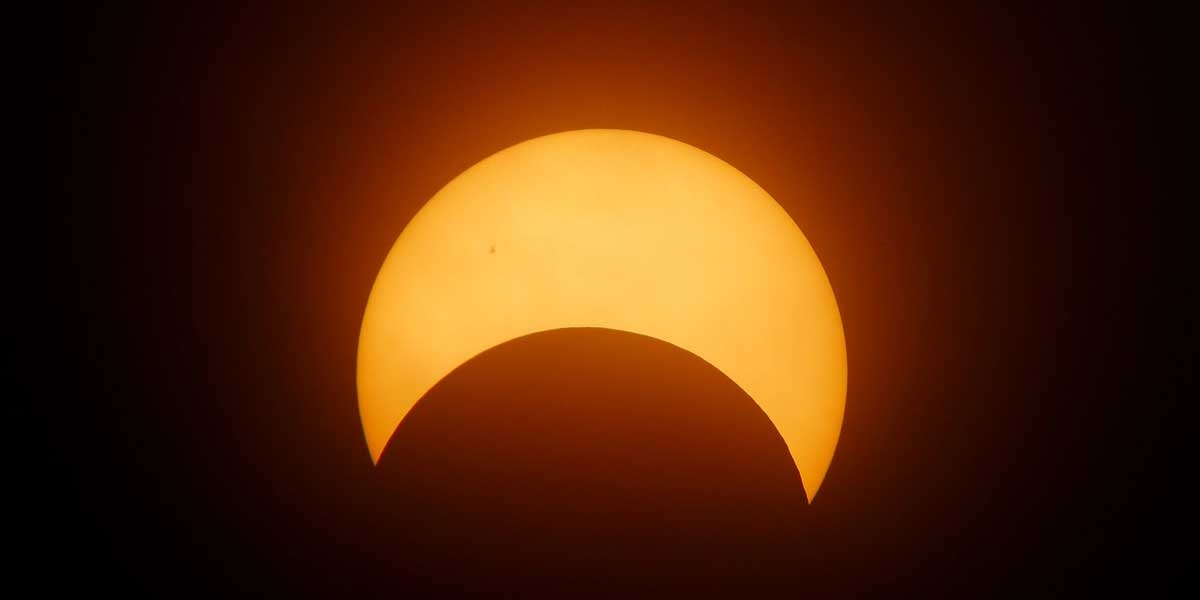On Monday, August 21, 2017, the U.S. will experience its first total solar eclipse since February 1979. This will be the first time since June 8, 1918 that the eclipse will be visible across a strip of the complete country.
What is a solar eclipse?
It’s when the moon passes between the Earth and the Sun blocking the light of the sun. If you happen to be in an area of totality the sky will grow dark, you may see stars and planets not typically visible, street lights may go on due to the approaching darkness, animals may begin to behave as if it were night, your shadow will change and then vanish… There are many articles available that discuss the dynamic experience. Here are just a few we found:
The first contact will begin in Oregon with the partial eclipse beginning at 9:05 PDT traveling across the United States ending in South Carolina at 2:47 EDT. The eclipse will take about 90 minutes to cross over the country with periods of totality ranging from 2 minutes to 2 minutes 40 seconds.
Nashville is the only large metropolitan city that will experience totality. Below is a list* of large metropolitan areas and the amount of the Sun’s surface the Moon will cover as seen by viewers in those cities.
|
Atlanta |
97 percent |
|
Boston |
63 percent |
|
Chicago |
87 percent |
|
Cincinnati |
91 percent |
|
Dallas |
76 percent |
|
Denver |
92 percent |
|
Detroit |
79 percent |
|
Houston |
67 percent |
|
Indianapolis |
91 percent |
|
Las Vegas |
72 percent |
|
Los Angeles |
62 percent |
|
Memphis |
93 percent |
|
Miami |
78 percent |
|
Milwaukee |
83 percent |
|
Minneapolis |
83 percent |
|
New Orleans |
75 percent |
|
New York City |
72 percent |
|
Oklahoma City |
84 percent |
|
Philadelphia |
75 percent |
|
Phoenix |
63 percent |
|
Pittsburgh |
81 percent |
|
Portland |
99 percent |
|
Salt Lake City |
91 percent |
|
Seattle |
92 percent |
|
Washington, D.C. |
81 percent |
Are you one of the lost souls frantically trying to track down eclipse glasses? Just because you don’t have the glasses doesn’t mean you have to miss out. Follow instructions to build your own viewer from the experts at NASA or National Geographic.
So grab your eclipse glasses or build your viewer and get ready to see a spectacular show. Happy viewing!
*List of metropolitan areas obtained here.

